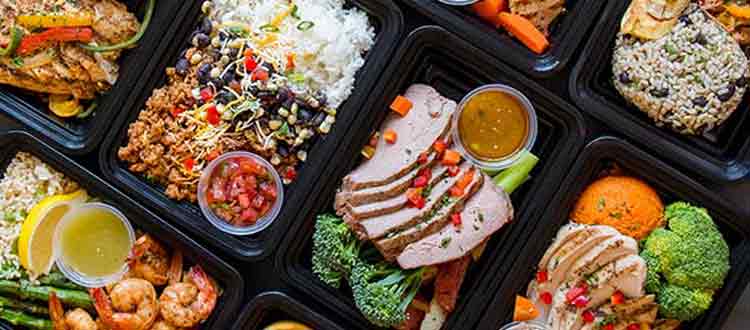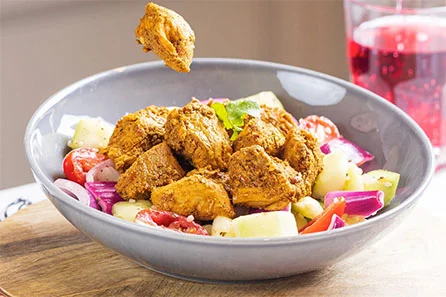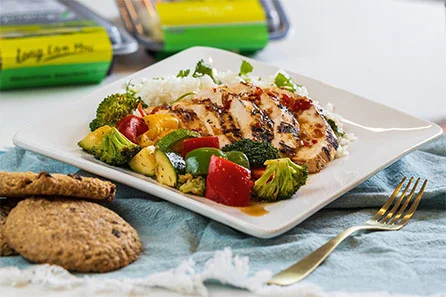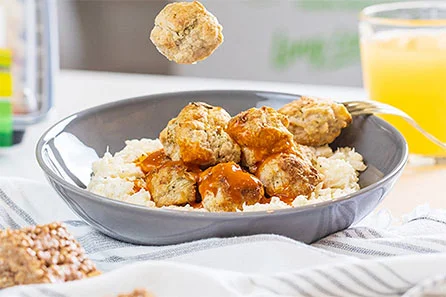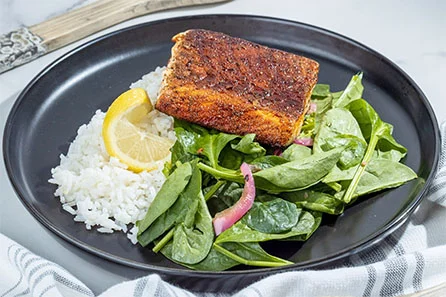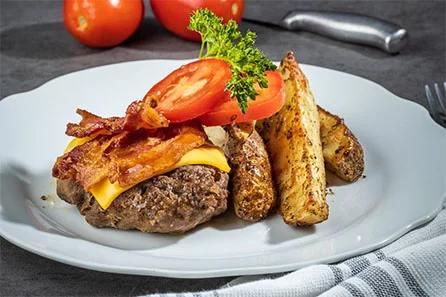Imagine saving time each day by not constantly searching for recipes, buying groceries, washing, chopping, cooking ingredients, and cleaning a messy kitchen. Sounds like nirvana, right? The solution is simple: meal prep. By planning and preparing some or all of your meals in advance, you can simplify your daily routine. This can mean making your lunch the night before, cooking in batches, or precooking all your food and portioning it out for the week in grab-and-go containers. Alternatively, you can order healthy meals from websites like mypromeals.com and have them delivered right to your door.
The beauty of meal prep is its adaptability to your cooking expertise, lifestyle, and dietary needs.
"Meal prep is like creating your very own microwaveable meals tailored to your exact preferences," says Gabrielle Fundaro, Ph.D., exercise science professor, certified sports nutritionist, and Renaissance Periodization coach.
1. Total Control
When you plan your meals in advance, you have complete control over what you eat. You can manage your calorie intake, balance macros, and limit unwanted ingredients like added sugar, salt, and fats. Selecting your own ingredients ensures you get the best quality and freshest options.
2. Temptation Removal
Ever been hit with hunger and have nothing on hand to eat? Meal prepping ensures you always have options that fit your dietary needs. By planning in advance and bringing your own food, or having something easy to grab from the fridge, you can avoid unhealthy temptations like fast food or leftover treats. This makes sticking to your diet significantly easier.
3. Timesaver
Meal prepping can save you a lot of time. Whether you cook all your meals for the week or place an order at MyPromeals for delivery, you’ll be thankful you don’t have to go to the store or cook after a long day. This extra time can be spent working out, playing with your kids, or enjoying a guilt-free bubble bath.
4. Hunger Manager
Meal prepping helps manage hunger because you can eat as soon as you feel hungry rather than waiting to decide and find a food source. Managing hunger effectively often means you won’t overeat when you finally sit down for a meal because you won’t be as famished.
5. Money Saver
Pricing out your food in advance as part of meal prep can also save you money. Portion control translates to cost control, and by ordering your meals online or planning your groceries, you avoid unnecessary trips to the store and impulse buys. This ensures you stick to your budget while maintaining a healthy diet.

